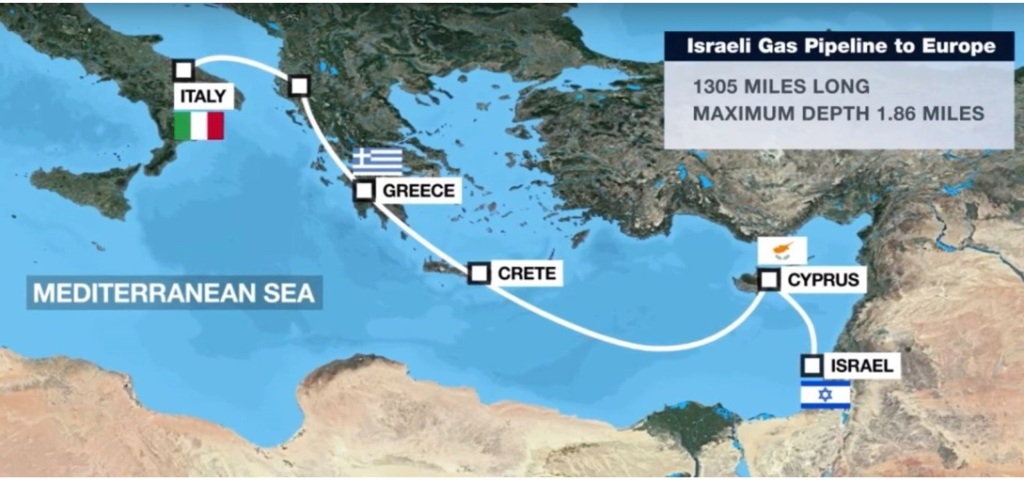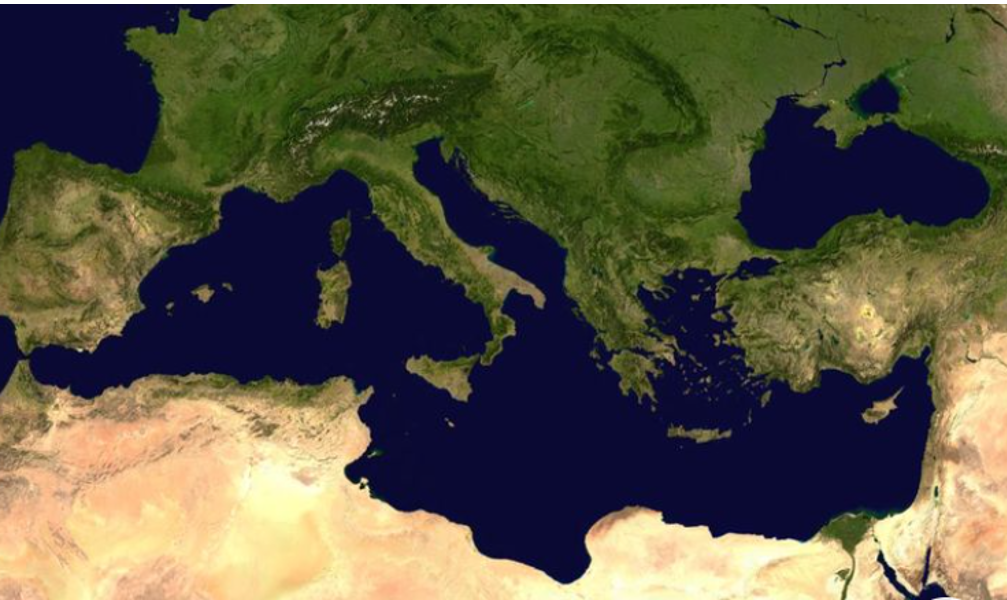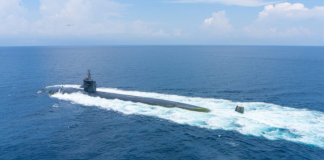By Serafeim Vylliotis
Greece has a moral, cultural and, of course, economic interest in the Mediterranean remaining a sea of peace
What role could Greece play in shaping a Mediterranean peace policy?

After World War II, during the summer months the so-called Mediterranean Games began to be held every four years. It was a Greek initiative, involving athletes from all Mediterranean countries, and is considered the second sporting event in classical sports after the Olympic Games.
Unfortunately, Greek politics in the 21st century from the Mediterranean inherited only thalassemia. Although we have the largest shipping industry in the world, we do not have a maritime policy. Although we have most of the islands in the Mediterranean, we do not have an island policy. A Mediterranean policy that takes account of all geopolitical facts can help us to look to the South and the East and not exclusively to Turkey.
Our country’s position is unique, from a geopolitical point of view. We once estimated that we were in the centre of a region inhabited by 350 million people. With a new Mediterranean policy, we are becoming the centre of a population of up to one billion people. It is enough to build a road connecting Alexandroupolis with Danzig, and to operate the maritime connections. I do not dispute the importance of the Via Egnatia, but it has benefited Turkey the most. Danzig would bring us closer to the developing ports of the Baltic Sea. In addition, we must return to the issue of gas and oil pipelines, which we have abandoned in recent years. Especially East Med, and finally to draw our own foreign policy, just as Turkey is doing.
As we have noted, America, despite initial complaints, has had no other forceful reaction to any agreement between Turkey and Russia. So Turkey made pipeline connections, made trade deals, tourism deals, major arms purchases, technology exchange and much more, clearly gaining greatly from its relationship with Russia and having earned respect and increased its prestige on the geopolitical chessboard of the Mediterranean.
As for the failed attempt to connect Alexandroupolis to Pyrgos (Loulé Burgas), if it had been achieved it would have been of huge geopolitical importance, but as we said before, our anemic foreign policy received another cuff.

Now, to formulate a national strategy, you must first have a national vision. Unfortunately, it seems that the vision of Greece died in 1922, and since then without a vision we do not anticipate events. They catch up with us, and we run after them.
Unfortunately, in the 21st century Greece has entered with the left and things are getting worse and worse so far.













